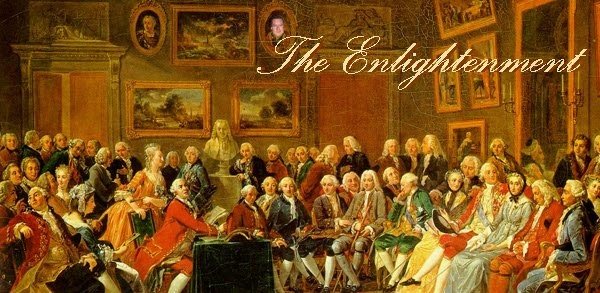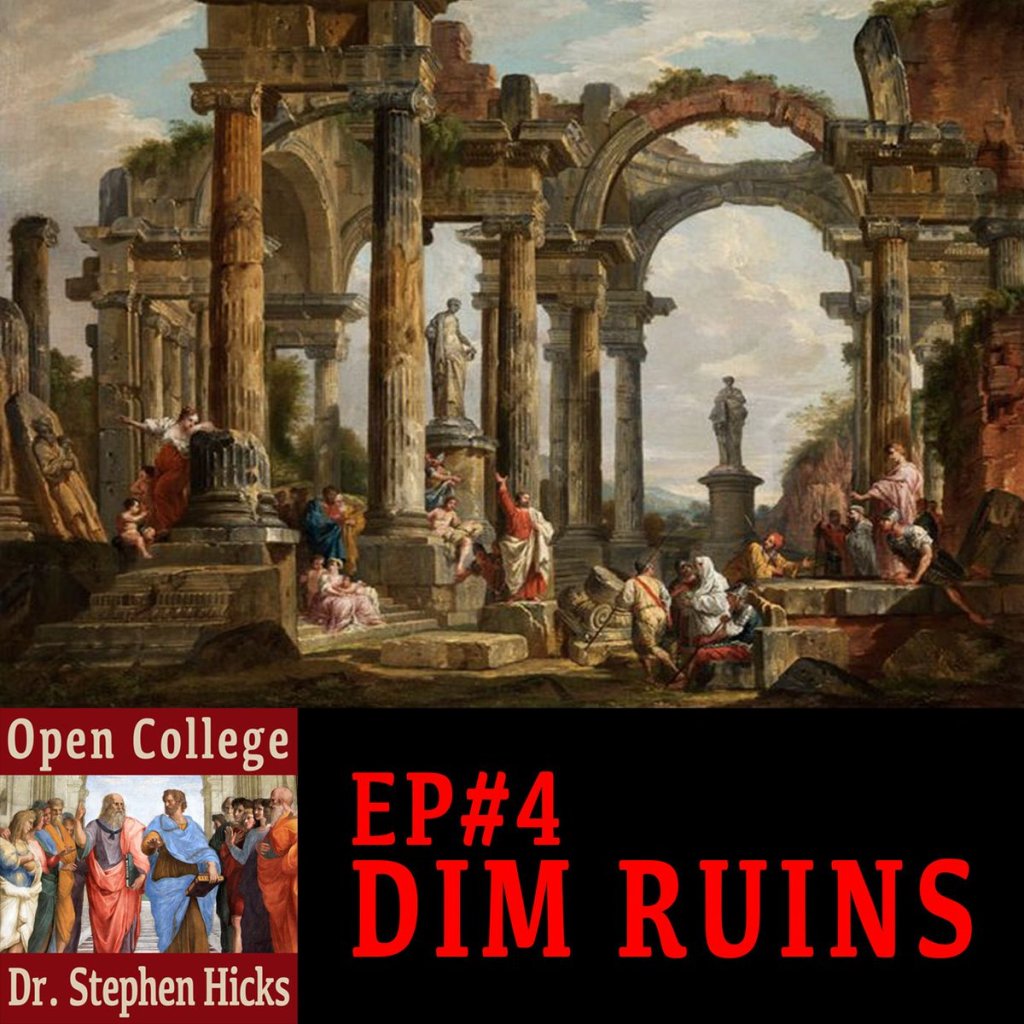Last Week’s Deep Cold: Two Images
We experienced record-setting cold temperatures. I juxtapose two images from the same day to capture the range of experience: a satellite shot of the Great Lakes region and an aisle at my local grocery store (click on both to enlarge): Death-dealing cold outside, but warmth and fresh food inside.
Last Week’s Deep Cold: Two Images Read More »




